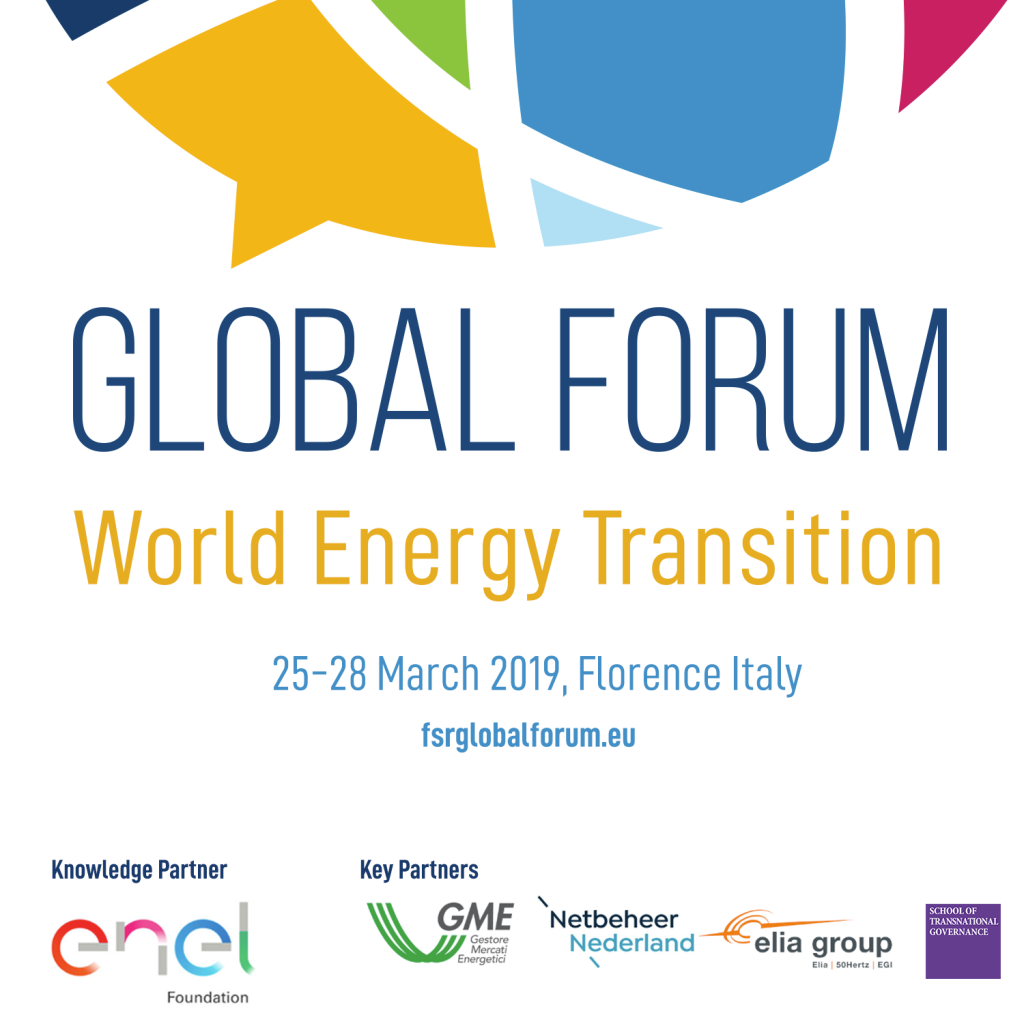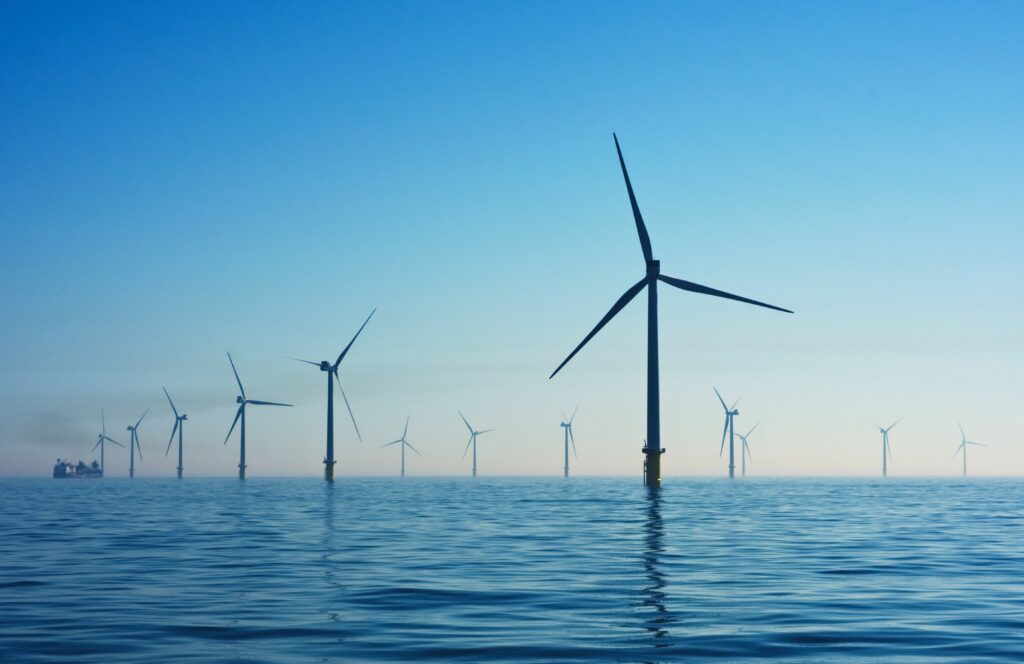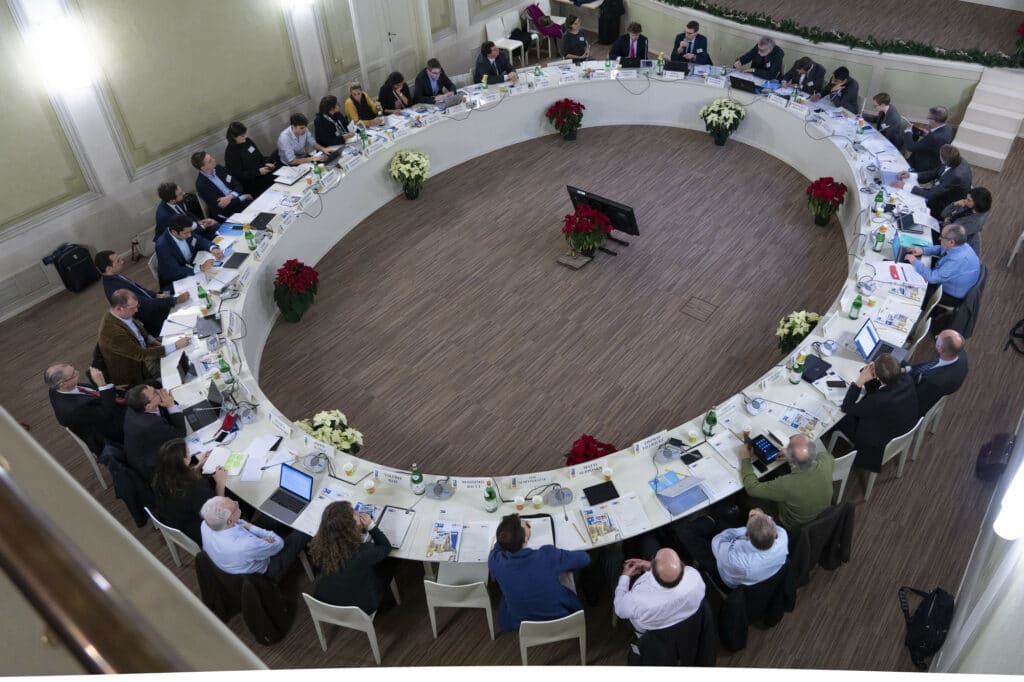Topic of the Month: Energy Transition via Partnerships (SDG 7 <-> SDG 17)
by the FSR Global Team
Recently, the Florence School of Regulation (FSR) began the FSR Global initiative to take its experience in energy policy and regulation in the European Union to the world. Since then, the capacity building model of combining – policy dialogue, applied research and training has led to a wide variety of engagements across the globe. In this topic of the month, we introduce and highlight, region wise, some of the key initiatives beyond Europe. This time we are heading into Latin America and the Caribbean (LAC).
Inter-American Development Bank (IDB)
The FSR collaborated with the Inter-American Development Bank (IDB) to initiate the dialogue on the need for state-of-the-art regulation in times of rapid innovation.
Report: Energy Regulation: The challenges and tools to prepare for the future in Latin American and the Caribbean
This discussion paper was developed by FSR to facilitate the workshop held on 27th and 28th September 2018, Washington DC. The objective of this workshop was to understand what are the key challenges that regulatory authorities are currently facing in LAC and what are the challenges expected for the next 15 years. Inputs from the workshop would be incorporated and presented via a report.
The report highlights the key regulatory challenges and current developments of four key areas affected by rapid innovation: sector coupling, electricity networks, batteries and electric mobility. Innovation will continue to challenge our regulatory frameworks in the coming years. Electricity regulators are waking up to this challenge and are experimenting with innovative regulatory tools to face this challenge. However, it is important to note that electricity systems of different country and region have their own unique set of challenges. Therefore, customised regulatory solutions would need to be developed based on the requirements of the implementing country or region.
The report will be published in a month. Stay tuned!
Brazilian Electricity Regulatory Agency (ANEEL)
The FSR signed an MoU with the Brazilian Electricity Regulatory Agency (ANEEL) to facilitate transcontinental knowledge exchange.
The performance of two ongoing regulatory frameworks for hydropower remuneration in Brazil is analysed. The first is the status quo design, where the individual operational risks are mitigated by a risk-sharing principle within a hydro pool structure. The second is an insurance approach, where a security framework enables the hydro generators to transfer their risks to the consumers. Three different long-term scenario settings are used to assess the two regulatory frameworks by using stochastic optimisation techniques. The results suggest that the level of risk in the status quo design strongly relies on the generation mix evolution, notably thermal, rather than wind or solar generation. The current insurance approach is likely to drive a transfer of wealth from consumers to generators. This condition can be overcome by adapting the insurance premium setting criteria.
Read the full working paper: Assessment of the current regulatory framework for hydropower remuneration in Brazil
Want to know more about this topic? Check out the new training on Regulatory Delivery
This online course combines theoretical and practical experience on how regulatory authorities are effectively delivering the outcomes of the regulation in times of market transition towards decentralisation, digitalisation, and decarbonisation. The participants will have a unique opportunity to learn how regulatory authorities should adjust and improve their governance to be able to operate effectively from a world-renowned faculty of experts. The course begins on 7 October 2019.
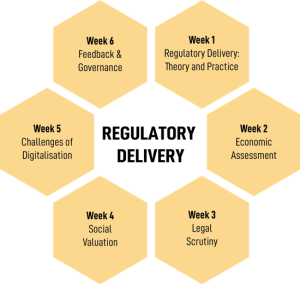
Check out our FSR Global page for a comprehensive list of activities undertaken in the region.
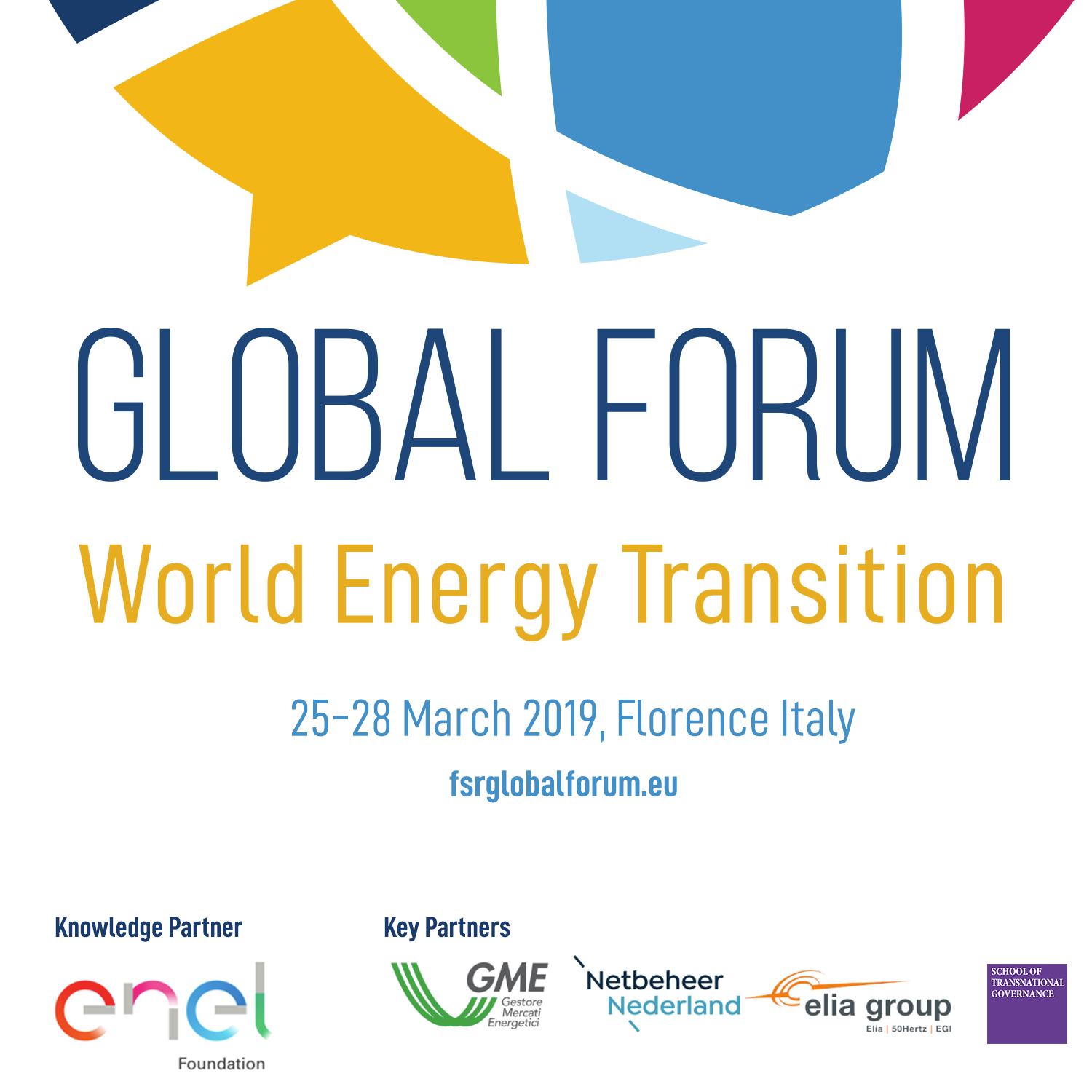
FSR is bringing together all our Global partners at the FSR Global Forum later this month. It is a 4-day event fostering practice-oriented solutions on key aspects of the world energy transition. The event provides a platform for multi-stakeholder engagement to facilitate transnational knowledge exchange.
Follow the #FSRGlobalForum on social



